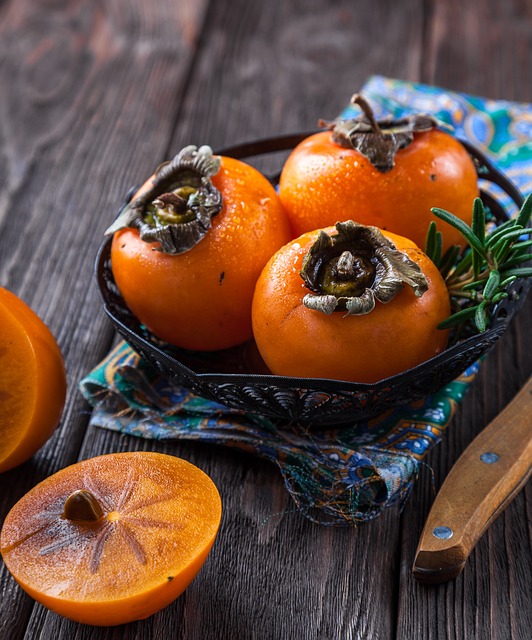The Ultimate Guide to Probiotics: Boosting Your Immune System Naturally
Introduction
Probiotics have gained significant attention in recent years for their potential health benefits. These beneficial bacteria can play a crucial role in supporting our immune system and overall well-being. In this ultimate guide, we will dive deeper into the world of probiotics, understand what they are, how they work, and explore the various ways they boost our immune system naturally.
Chapter 1: Understanding Probiotics
Probiotics are live microorganisms that provide health benefits when consumed in adequate amounts. They are often referred to as “good bacteria” as they have been shown to promote a healthy balance of gut microbiota.
The most common types of probiotics belong to the Lactobacillus and Bifidobacterium families. These probiotic strains can be found in various fermented foods, such as yogurt, sauerkraut, and kefir, as well as in supplement form.
Chapter 2: How Probiotics Boost the Immune System
Our immune system plays a vital role in protecting us from harmful pathogens. Probiotics have been found to enhance immune function by:
- Stimulating the production of antibodies
- Increasing the activity of natural killer cells
- Enhancing the production of antimicrobial peptides
- Regulating the inflammatory response
By strengthening our immune system, probiotics can help reduce the risk of infections and improve overall health.
Chapter 3: Choosing the Right Probiotic Strains
Not all probiotics are created equal. Different strains have different properties and benefits. When selecting a probiotic supplement, look for specific strains that have been scientifically studied for their immune-boosting effects, such as:
- Lactobacillus acidophilus
- Known for its ability to enhance the immune response and reduce the severity of respiratory infections.
- Bifidobacterium animalis
- Shown to enhance the production of natural antibodies and promote a healthy gut lining.
- Lactobacillus rhamnosus
- Known for its anti-inflammatory properties and ability to support a balanced immune response.
Chapter 4: Incorporating Probiotics into Your Routine
There are multiple ways to incorporate probiotics into your daily routine:
- Consuming fermented foods: Yogurt, kefir, sauerkraut, kimchi, and other fermented foods are excellent natural sources of probiotics.
- Taking probiotic supplements: Probiotic supplements offer a convenient way to ensure an adequate intake of beneficial bacteria.
- Using probiotic-rich skincare products: Probiotics can also benefit skin health. Look for skincare products containing probiotics to support a healthy complexion.
Chapter 5: Prebiotics: The Perfect Companions for Probiotics
Prebiotics are non-digestible fibers found in certain foods that act as food sources for probiotics. By consuming prebiotic-rich foods like onions, garlic, bananas, and oats, you can provide nourishment for the probiotics in your gut, allowing them to thrive and exert their beneficial effects.
Chapter 6: Other Lifestyle Factors for a Healthy Gut
While probiotics play a significant role in supporting a healthy gut and immune system, it’s important to consider other lifestyle factors as well. Some additional tips to promote a thriving gut microbiome include:
- Eating a diverse and balanced diet rich in fruits, vegetables, whole grains, and lean proteins.
- Reducing stress levels through relaxation techniques like meditation, yoga, or regular exercise.
- Getting sufficient sleep to support overall wellness and immune function.
- Avoid







